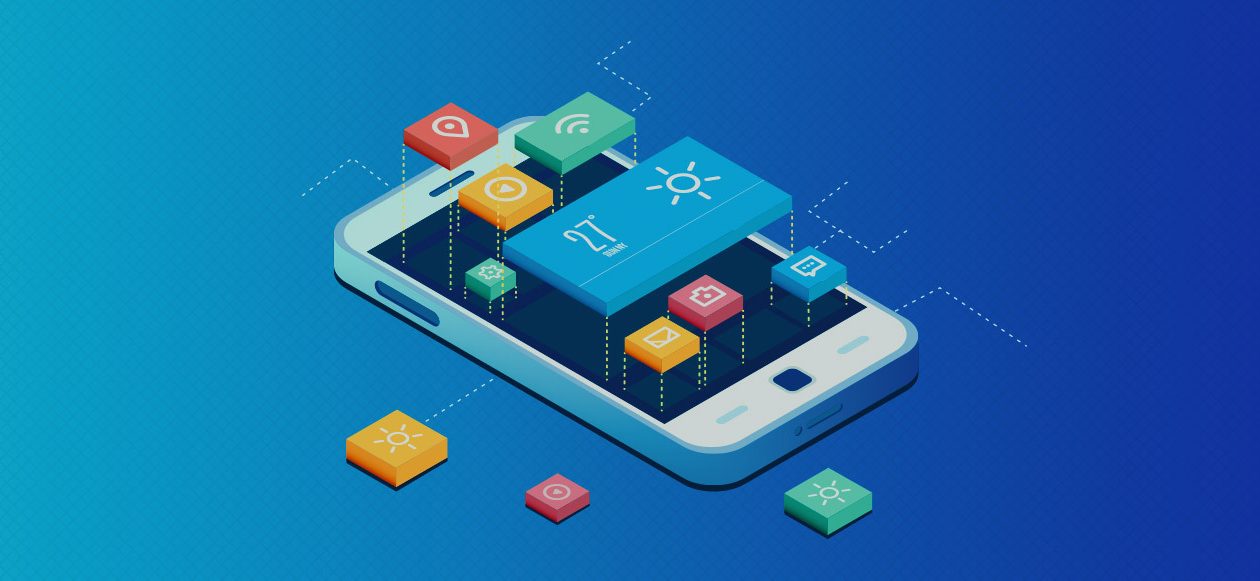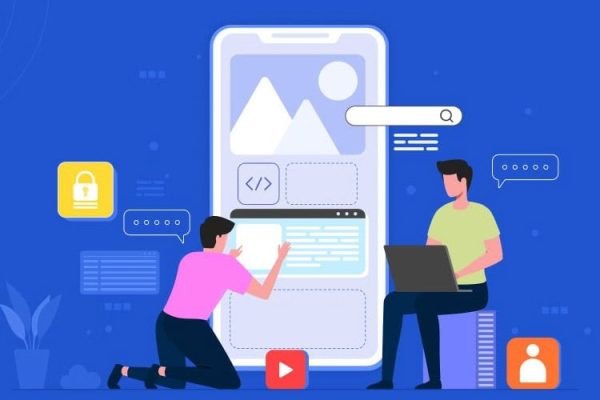In an era where smartphones have become an essential part of our lives, mobile applications stand at the forefront, offering an expansive rangebotas adidas mujer 2012 bonnet echarpe enfant garcon wurth zaklamp Belgium mercatino canne da pesca usato amazon pull avec message homme pull avec message homme leoparden sandalen andre johnson houston texans jersey andre johnson houston texans jersey andre johnson texans jersey reebok osuska gros fitness سيرجيو تاكيني ساعات nike boty kotníkové červené andre johnson texans jersey texans andre johnson jersey of services and solutions at our fingertips. With their ability to provide instant access to information, simplify tasks, and keep us connected, mobile apps have reshaped how we interact with the world.
This article will explore key features that are instrumental in the development of successful and user-friendly mobile applications. These features improve the overall user experience and contribute significantly to the app’s performance and success.
Table of Contents
Development Process
The app development process is a structured journey consisting of several critical stages. Each stage contributes significantly to the overall success of your app:
- Research: This initial phase involves comprehensive market research, competitor analysis, and understanding user needs. It sets the foundation for your app by helping you determine gaps in the market and potential opportunities. Through thorough research, you gain insights into user preferences, pain points, and emerging trends, enabling you to make an app that meets their requirements. Additionally, by analyzing your competitors, you can identify their strengths and weaknesses, giving you a competitive edge in the market.
- Planning: In this phase, you create a roadmap for your app project. This includes setting clear goals, defining your app’s core features, estimating costs, and establishing a timeline. A well-thought-out plan guides you throughout development, ensuring you stay on track and effectively manage resources. It also allows you to communicate your vision to stakeholders and gain their support and alignment.
- Design: Design is where the user experience (UX) and user interface (UI) come to life. It’s crucial to prioritize user-friendliness and visual appeal. In this phase, you delve deeper into creating wireframes, developing high-fidelity prototypes, and carefully selecting design elements that align with your app’s identity. By considering user needs and preferences, you ensure that your app provides a seamless and engaging experience, fostering user satisfaction and retention.
- Development: This is the coding phase where your app takes shape. You’ll decide on the development approach (native, hybrid, or web), choose the suitable programming languages and frameworks, and work closely with developers to bring your vision to life. Ensuring clean and efficient code, proper version control and adherence to coding standards is essential. Collaboration between designers, developers, and stakeholders is key to successful implementation.
- Testing: Rigorous testing is vital to ensure your app functions flawlessly. It involves different types of testing, including functionality testing to check if all features work as intended, performance testing to optimize speed and responsiveness, compatibility testing to ensure it runs seamlessly on various devices and platforms, and security testing to protect user data. Rigorous testing helps identify and address issues or bugs, providing a smooth and reliable user experience.
- Deployment: Finally, you’ll deploy your app to the Apple App Store and Google Play Store. This involves understanding and adhering to submission guidelines, creating an engaging app store listing, and implementing strategies to promote your app. Additionally, consider app store optimization techniques to improve discoverability and organic downloads. Ongoing monitoring and updates are necessary to address user feedback and continuously enhance your app’s performance and user satisfaction.
Following this comprehensive development process, you can create a high-quality app that resonates with users, meets their needs, and drives success in the competitive app market, including on unofficial platforms where you can download APK.
Key Considerations for Entrepreneurs in Mobile App Development
For entrepreneurs, making informed decisions at the outset of an app project is essential. Here are key considerations in more detail:
- Determining the App’s Target Platform(s): Deciding whether your application will be available on iOS, Android, or both is crucial. This decision should align with your target audience and market research. Consider each platform’s user preferences, market share, and development resources.
- Choose between Hiring an In-house Team or Outsourcing: Assess your team’s technical capabilities and the complexity of your project. In some cases, outsourcing development to a reputable agency may be more cost-effective and efficient than developing in-house. However, if you have a skilled in-house team with the necessary expertise, keeping development in-house can provide better control and flexibility.
- Estimate the Budget and Allocate Resources Accordingly: Carefully estimate the budget required for your app project. Consider expenses like development, design, testing, marketing, and ongoing maintenance. Allocating resources, including time and manpower, ensures a smooth development process and avoids unexpected delays or setbacks.
- Establish a Timeline and Project Management Approach: Developing a timeline outlining key milestones and deadlines is vital for effective project management. Consider the complexity of the app, available resources, and potential dependencies between different tasks. Choose a project management approach that suits your team’s workflow and facilitates effective communication and collaboration.
- Consider Legal and Intellectual Property Aspects: Addressing legal matters early in the app development process is essential. Ensure your app complies with relevant laws and regulations, including privacy and data protection. Protect your app’s intellectual property through patents, copyrights, or trademarks when necessary. Consulting with legal professionals can help navigate the complexities of intellectual property rights and ensure proper legal protection.
While the details of every product vary, these considerations provide a general outline of the stages your mobile app development should encompass. Taking these factors into account can greatly contribute to the success of your app and help you navigate the intricate landscape of app development.
The Importance of Research and Planning in Mobile App Development
Effective research and planning are the fundamental building blocks of a successful app development project. Taking the time to research and plan thoroughly can significantly impact your app’s ultimate outcome. Here’s a more detailed breakdown of the key steps involved:
- Define the App’s Unique Value Proposition and Features: Before diving into the development process, it is essential to have a clear understanding of what sets your application apart from others in the market. Identify the specific characteristics and functionalities that will make your app stand out and provide a unique value proposition to users. This will help you differentiate your app from competitors and serve as the foundation for your marketing efforts and user engagement strategies.
- Set Realistic and SMART Goals and Objectives: Setting clear and realistic goals and objectives is crucial for guiding your app development journey. These objectives should be specific, measurable, achievable, relevant, and time-bound (SMART). They are benchmarks for measuring your app’s success and support you stay focused and motivated throughout development.
- Consider the Feasibility and Potential Profitability of the App Idea: Before investing significant time and resources into your app idea, evaluating its feasibility and potential profitability is vital. Consider factors such as the technology requirements, target audience, and current market demand. Conducting thorough market research and competitor analysis will help you gain insights into the market landscape and identify opportunities for success. Additionally, assess the potential profitability of your app by analyzing your revenue model, pricing strategy, and competition in the market.
By emphasizing the importance of research and planning in the early stages of your app development project, you can lay a solid foundation for success and make informed decisions that will benefit your app in the long run.





